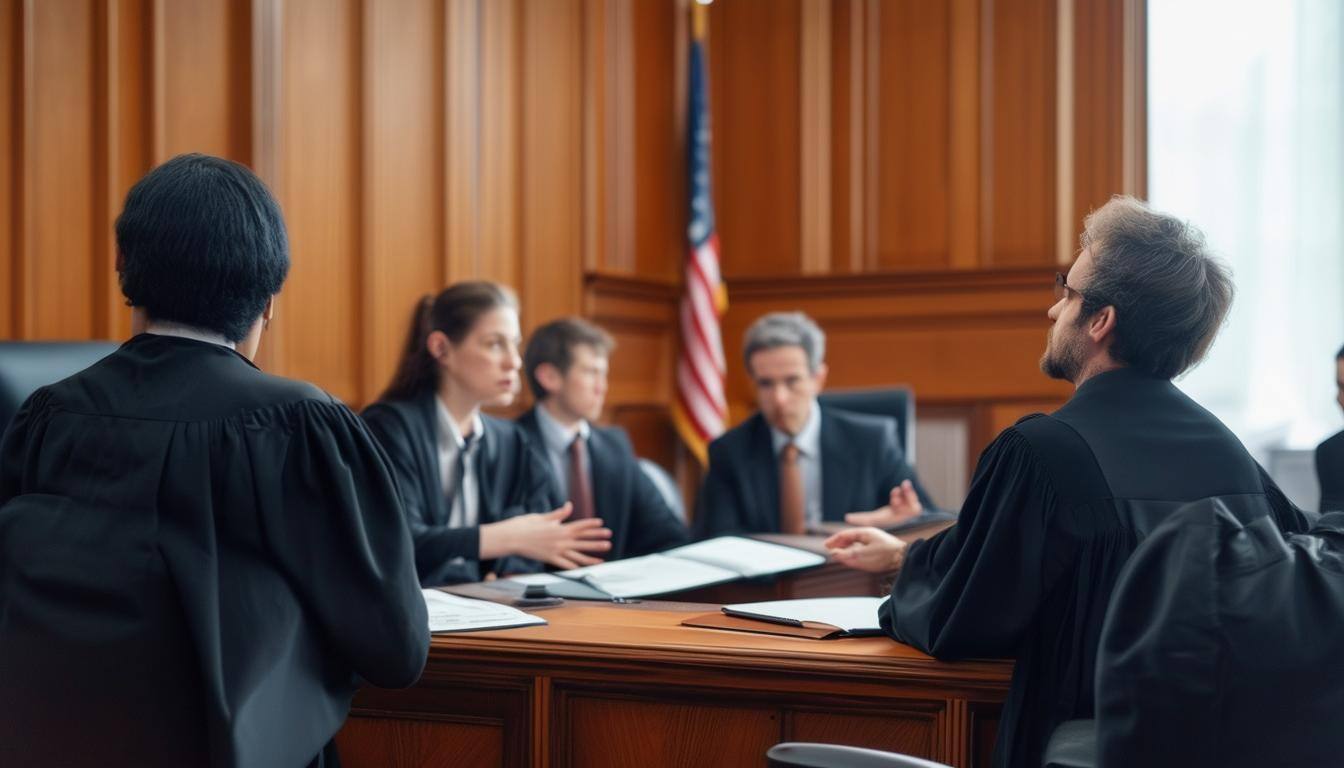Can Your SDVOSB Status Survive Death?
The US Court of Federal Claims (COFC) rules that SDVOSB status can survive Veteran owner's death. On November 26, 2013, the US Court of Federal Claims
In KWV, Inc. v. United States, a disappointed bidder filed a pre-award bid protest of the CVE's denial of their SDVOSB status. In that case, the US Court of Federal Claims found the CVE’s reliance on the Veteran applicant’s residency alone was “arbitrary and capricious” and not in accordance with VA’s regulations.
KWV, Inc. v. United States, 111 Fed. Cl. 119, 127 (Fed. Cl. 2013). In deciding in the Veteran’s favor, the Court indicated that “there [was] nothing in the administrative record to suggest that [the Veteran] was not exercising sufficient control over [the company]” and “the government has not provided a coherent and reasonable explanation of its exercise of discretion…nor articulated a rational connection between the facts found and the choice made” Id., see also Impresa Construzioni Geom. Domenico Garufi, 238 F.3d at 1333 (quoting Latecoere Int'l, Inc. v. United States Dep't of the Navy, 19 F.3d 1342, 1356 (11th Cir. 1994)); Motor Vehicle Mfrs. Ass'n v. State Farm Mut. Auto. Ins. Co., 463 U.S. 29, 43, 103 S.Ct. 2856, 77 L.Ed.2d 443 (1983) (quoting Burlington Truck Lines v. United States, 371 U.S. 156, 168, 83 S.Ct. 239, 9 L.Ed.2d 207 (1962))(internal quotations removed).
The U.S. Court of Federal Claims remanded an OSDBU determination in CS-360 v. U.S. Dep’t of Veteran Affairs, where the cited reason for denying certification was the posited “implausibility” that a non-veteran participant would make capital contributions without “control.” The Court ruled “To the extent the CVE intends to suggest that investment generally must be accompanied by some level of control over a company's affairs, it must explain why it believes that to be the case and indicate how it applies to CS360. CS-360, LLC v. U.S. Dep't of Veteran Affairs, 846 F. Supp. 2d 171, 191 (D.D.C. 2012) The Court has already found that this cursory statement fails to provide a sufficiently reasoned explanation. To the extent the CVE intended to rely upon some other “underlying implausibility,” it has failed to identify it with sufficient particularity to permit this Court to exercise its function of judicial review. CS-360, LLC v. U.S. Dep't of Veteran Affairs, 846 F. Supp. 2d 171, 189 (D.D.C. 2012)
A CVE SDVOSB denial can indeed have implications for your current contracts, but the specific effects depend on several factors. As a National veterans law attorney with the Veterans Advocacy Law Group, we understand the complexities involved in navigating these situations. If your SDVOSB status is denied, it may not immediately jeopardize existing contracts, especially if those contracts were awarded before the denial. However, it's crucial to review the terms of each contract, as some may include clauses requiring the maintenance of SDVOSB status throughout the contract period.
Further, a denial could affect your eligibility for future contracts or renewals that require SDVOSB certification. It’s important to address the reasons for denial promptly to mitigate any potential impacts. Our law firm can assist in this process, ensuring you understand the denial reasons and help you in preparing an appeal if appropriate. We provide strategic guidance on maintaining compliance with federal regulations to safeguard your business’s contracting opportunities.
Moreover, a denial could potentially affect your reputation with contracting officers, so it’s vital to handle the situation with care. Our advocacy law group can work with you to develop a plan to address any concerns raised during the CVE review process, helping to restore your SDVOSB status and maintain your business’s standing with government agencies.
To prevent a CVE SDVOSB denial, maintaining a thorough documentation of ownership and control, ensuring compliance with federal regulations, and conducting regular internal audits. Engage with legal experts to review your business structure and practices. Promptly address any issues or discrepancies identified during CVE reviews. Veterans Advocacy Law Group can provide strategic guidance to help you uphold eligibility standards and secure your business’s position in government contracting.
The lesson to be learned from these two cases is that there is value in persevering and having your CVE SDVOSB denial reviewed by the Federal Claims court, which has jurisdiction in these matters. Of course, finding a good lawyer to represent you will be important. If you are a Veteran with a business and have a problem with an SDVOSB CVE denial, please contact the experienced attorneys at Veterans Advocacy Law Group at or complete an online contact form.
Navigating legal trouble isn't easy. If you have questions, we have answers.
The US Court of Federal Claims (COFC) rules that SDVOSB status can survive Veteran owner's death. On November 26, 2013, the US Court of Federal Claims
When working on a government contract, the contractor often produces one or more inventions. While research and development (R&D) contracts are more...

1 min read
Rouse v. McDonough In July 2019, Joe D. Rouse, an Army veteran, was denied TDIU (Total Disability Individual Unemployability) benefits by the Board...